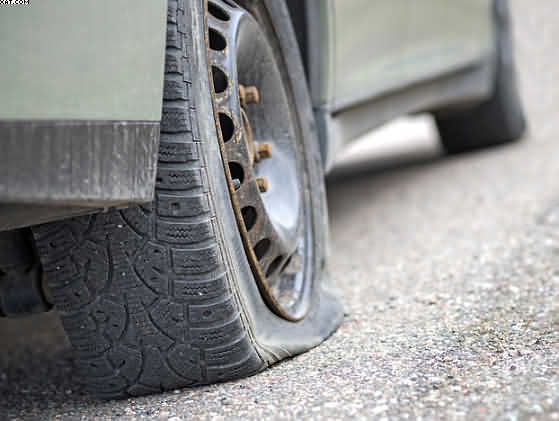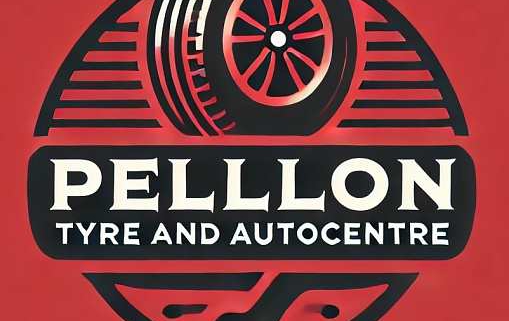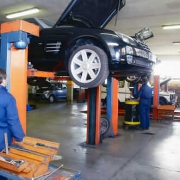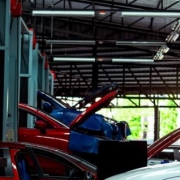Right to Repair Law- Could Brexit Affect repair Laws?
Table of Contents
Right to Repair Law

Right to Repair Law
The reform was all about setting new rules to take into account the intensity of competition on the markets for the distribution of motor vehicles and spare parts. Also for the provision of repair and maintenance services. It covers cars, trucks, and buses, and all types of garages, small or large.
The Commission found that competition in the market for the sale of new vehicles is strong. In this light, the current sector-specific rules create an unnecessary straitjacket that prevents
car manufacturers from organising their distribution systems as they see fit. The European Commission has therefore aligned the rules applicable to motor vehicle distribution. This applies with those that apply to distribution agreements in other sectors but with a three-year transition period to allow dealers to adapt to the new measures.
Right to Repair Law
Competition on the markets for repair and maintenance and for spare parts distribution is less intense. Consumers who may suffer harm as a result of anti-competitive practices are at risk. This could push up car repair costs when servicing a car. The garage The repair and maintenance industry is very important for consumers. Not only for reasons of safety and reliability. But also because repair bills account for 40% of the total cost to car owners. Unlike car prices, the cost of the average repair job and servicing has actually risen over the past few years.
Consumers are feeling the effects of rising repair bills.
This also includes servicing costs during the present crisis. They are more price-sensitive and drive older vehicles that require more regular maintenance. The EU Commission has put in place a tougher regime for these markets. They will make it easier to enforce the rules. Particular problematic issues include holding back technical information, not releasing spare parts, and refusing to honour warranties when consumers have their cars repaired at independent garage servicing facilities.
Independent garages and repairers such as Pellon Autocentre
are important because they give consumers more choice. This helps keep the price of servicing and repairs competitive by putting pressure on prices due to competitive pricing. Also to authorised repair networks. But for this to happen, it is essential that garages can get the technical information necessary to do the repairs and carry out the work on increasingly sophisticated cars with increasing amounts of technology.
Right to Repair Law
Since then, withholding “technical information” will be dealt with directly under the EU Treaty rules on restrictive business practices (Article 101). Manufacturers, spare parts shops, and repair shops generally have a market share in excess of 30%. In addition, guidelines are also being brought in and contain detailed clarifications. As to the notion of technical information, cross-referring to Regulation 715/2007 on type approval of certain cars and all subsequent implementing regulations.
New rules will assure that garage servicing companies have access to technical information for models that are type-approved after September 1, 2009. By making a clear link with the 2007 car type approval regulation. The EU Commission will ensure both consistency and access to technical information. cars put in circulation before that date and allow the presentation of technical information to evolve and continue in line with technical progress.
The EU Commission remains committed
to vigorously enforcing the rules on access to technical information. This was demonstrated in four cases brought in 2007. This was to ensure that car manufacturers disclose the necessary information to independent repairers and garage servicing facilities. Garages like Pellon Autocentre are in the Calderdale area of West Yorkshire.
Right to Repair Law
By strengthening the enforcement of competition rules. Including the garage servicing sector and maintenance and spare parts markets. These new laws will contribute to creating a level playing field between car manufacturers, spare part producers, and garage servicing. Thus contributing to lower prices for spare parts. This has to be very good news for the garage servicing , garage repair, and spare parts industries. This result must give us great pride. To all the different groups and individuals that spent hard-earned money lobbying and writing to their EU and local MPs. These new laws are similar to the “right to repair” laws in the USA.
The new “Motor Vehicle Block Exemption Regulation”, will continue to help lower the cost of service” for 13 years until 2023.
The EU Commission will constantly monitor the situation in the markets for motor vehicle and spare parts distribution, as well as in the market for the provision of repair and maintenance services including garage servicing companies. The EU Commission will also monitor the application of the regulation in cooperation with national competition authorities and stakeholders. Once again, the UK garage and motor industry can continue to work hard and give the public the service and competitive pricing they deserve.
Pellon Tyre and Autocentre thinks that the Right to Repair Law, coming from the EU, will be kept when our government decides on which legislation to keep and throw out.



